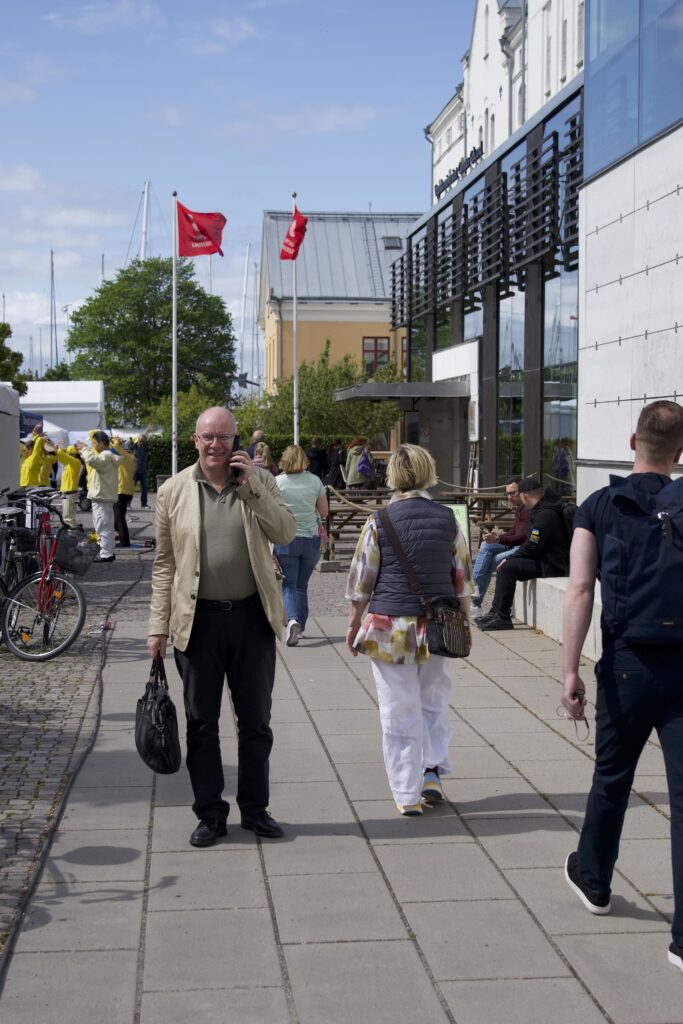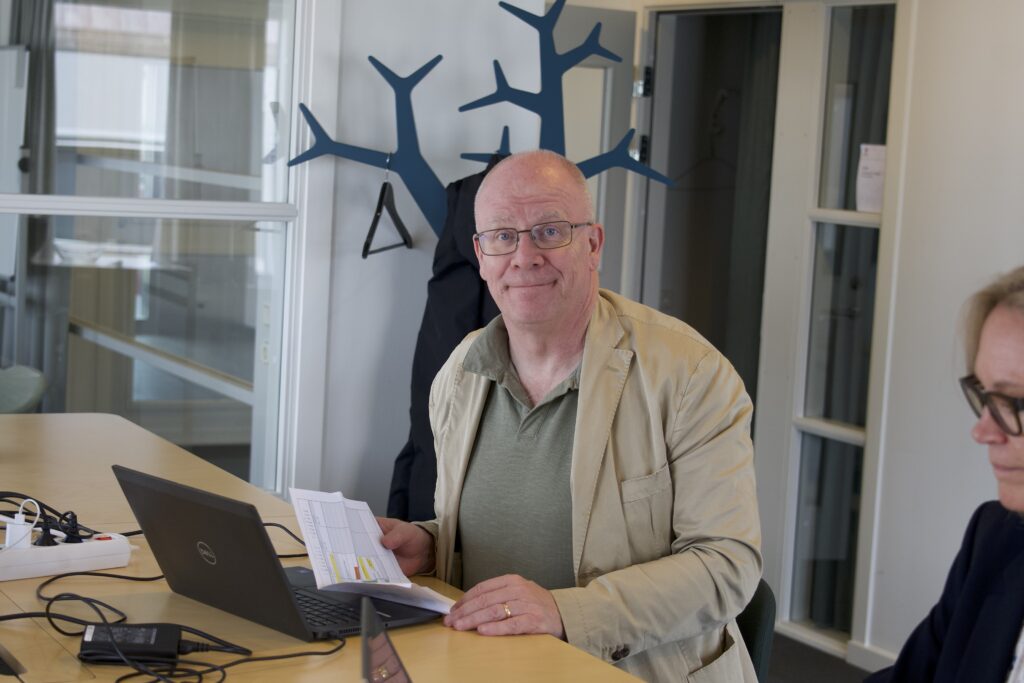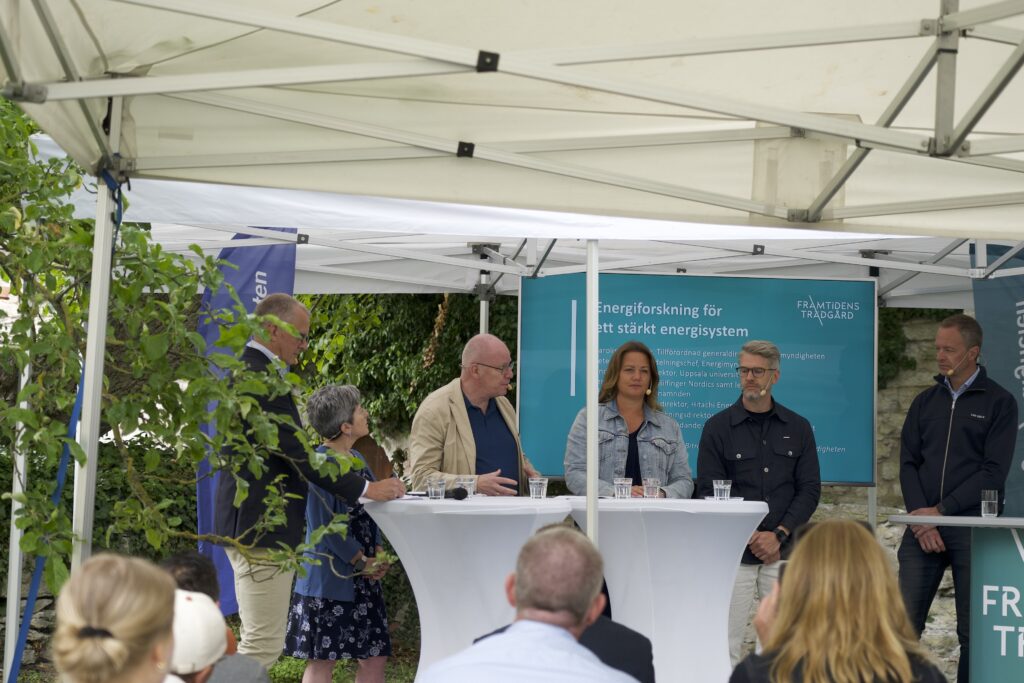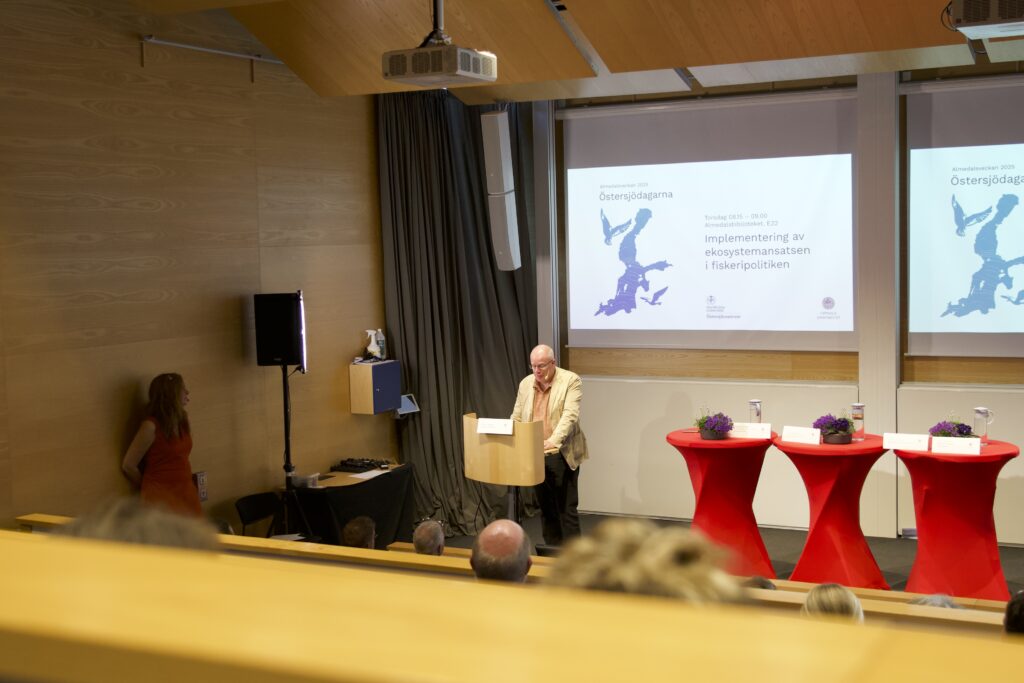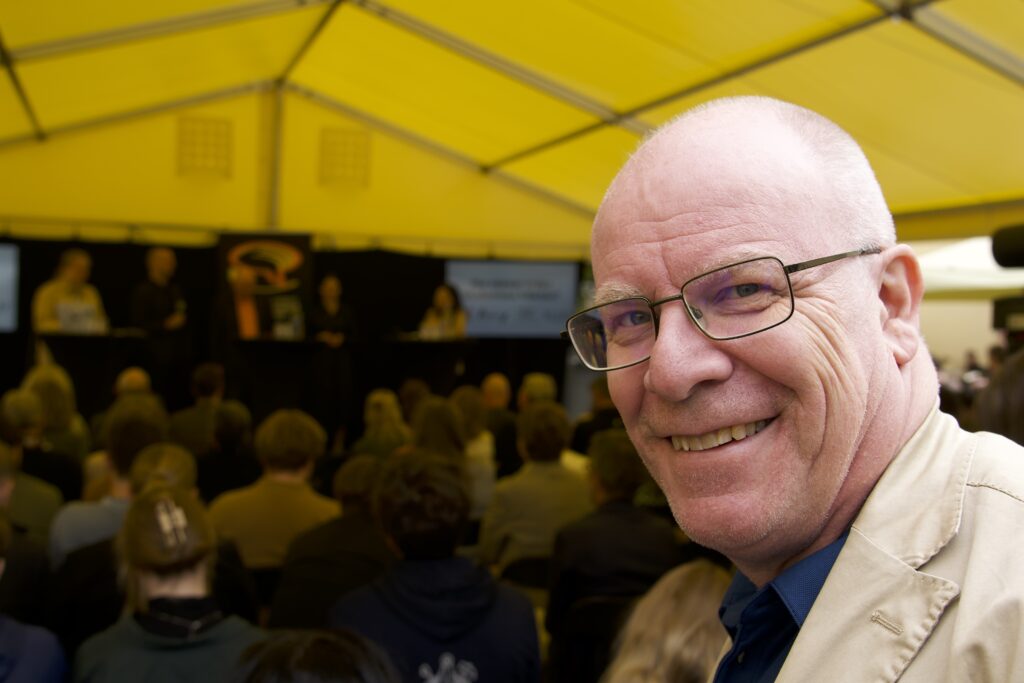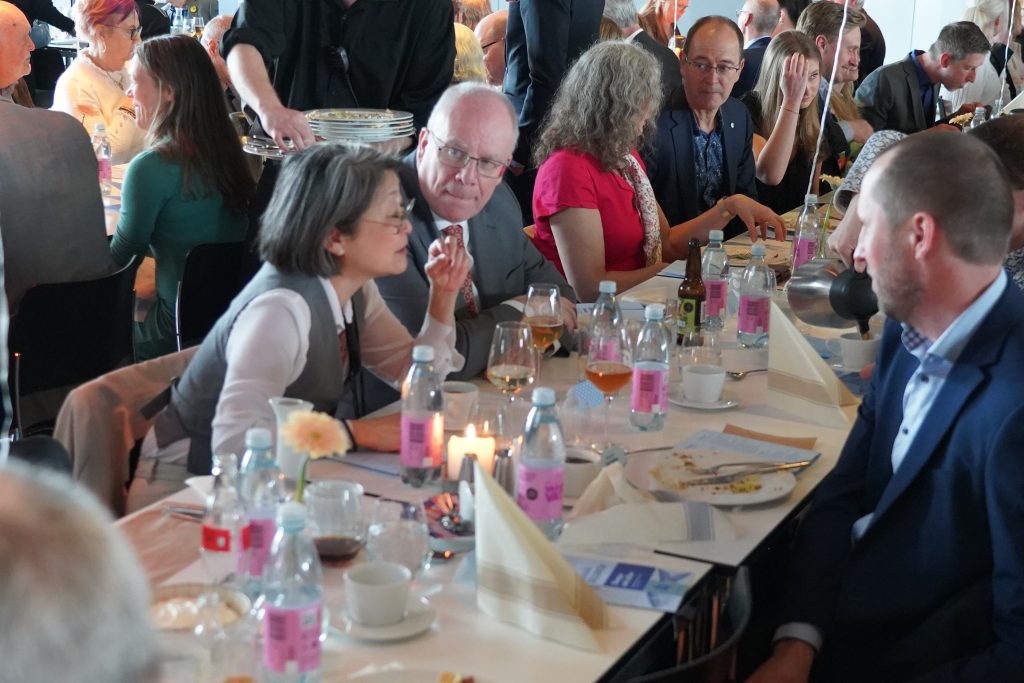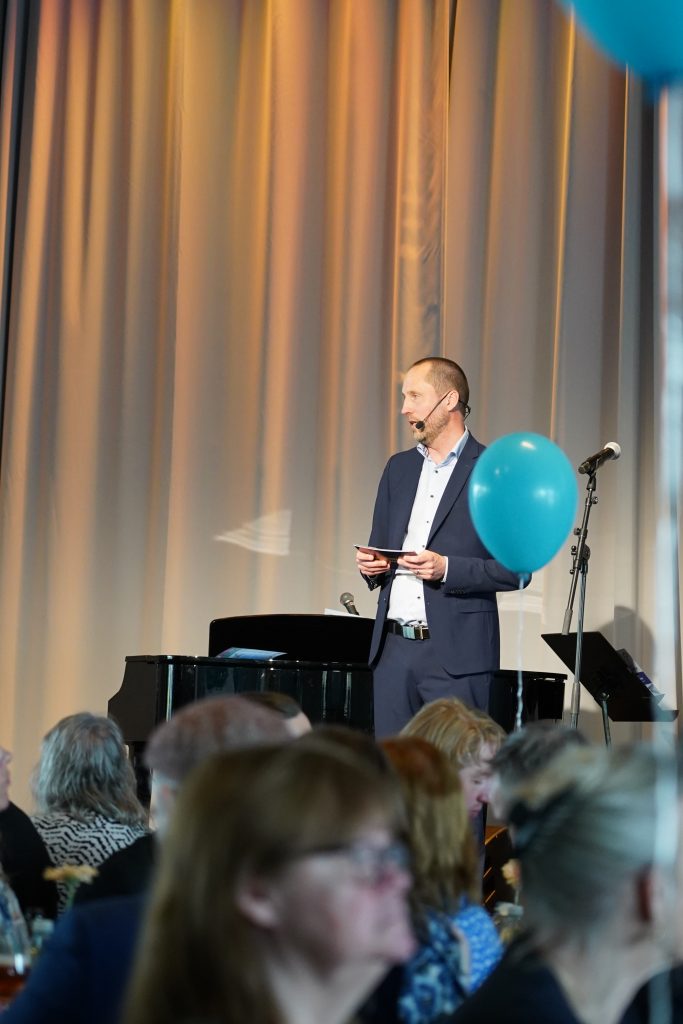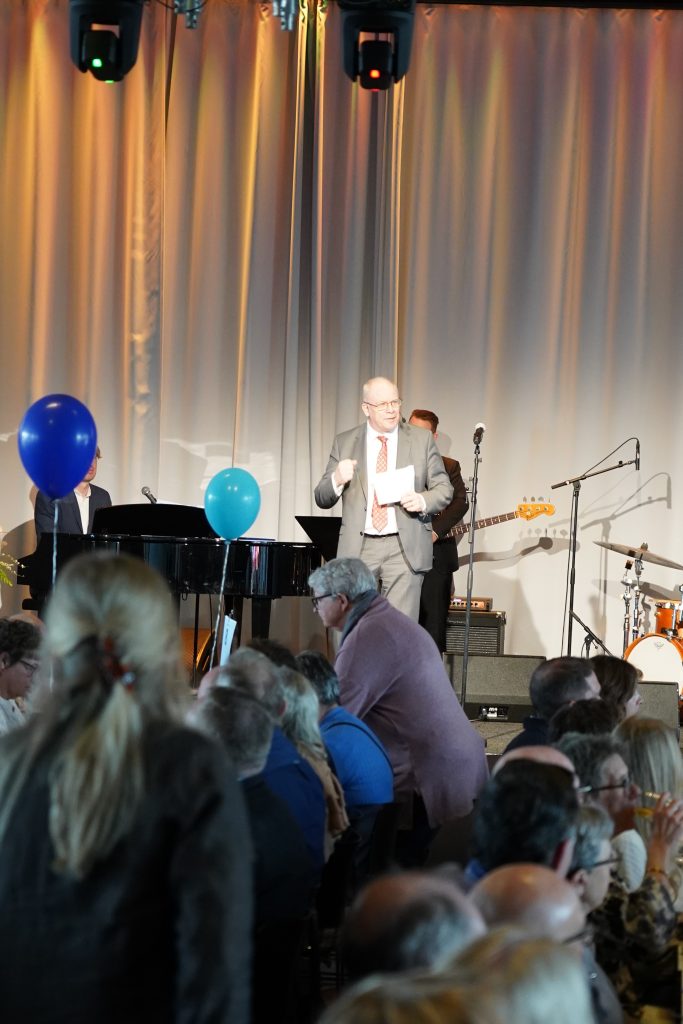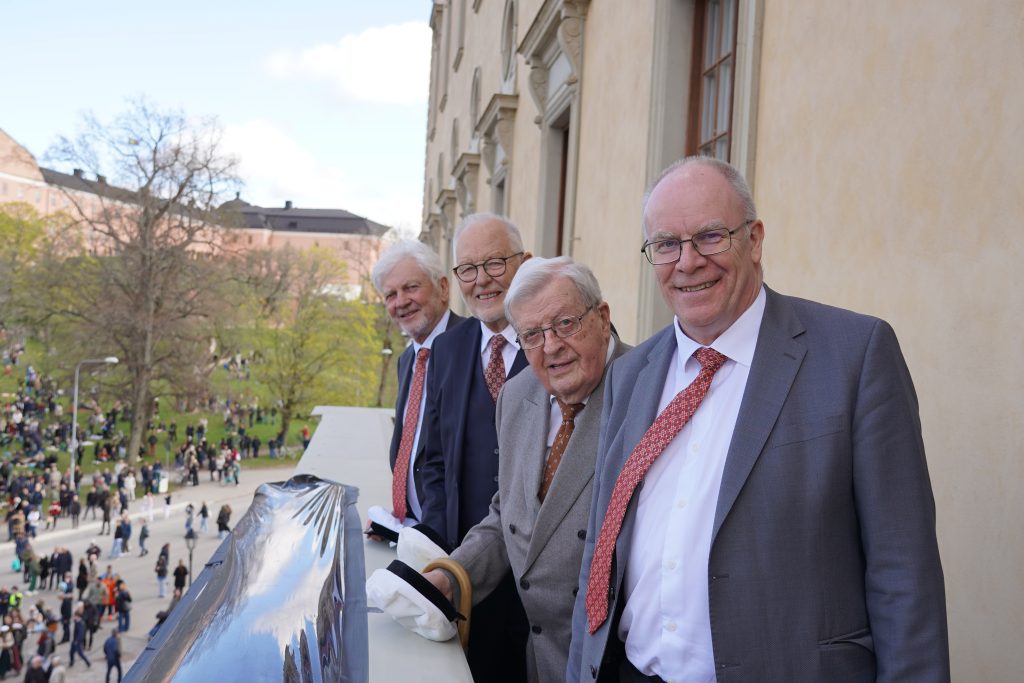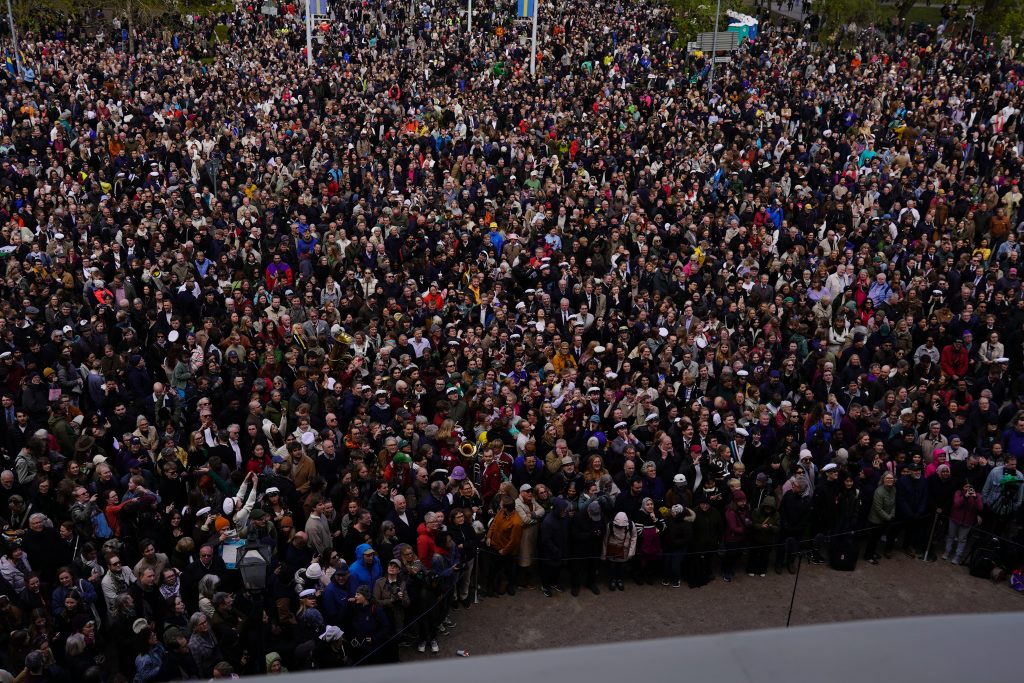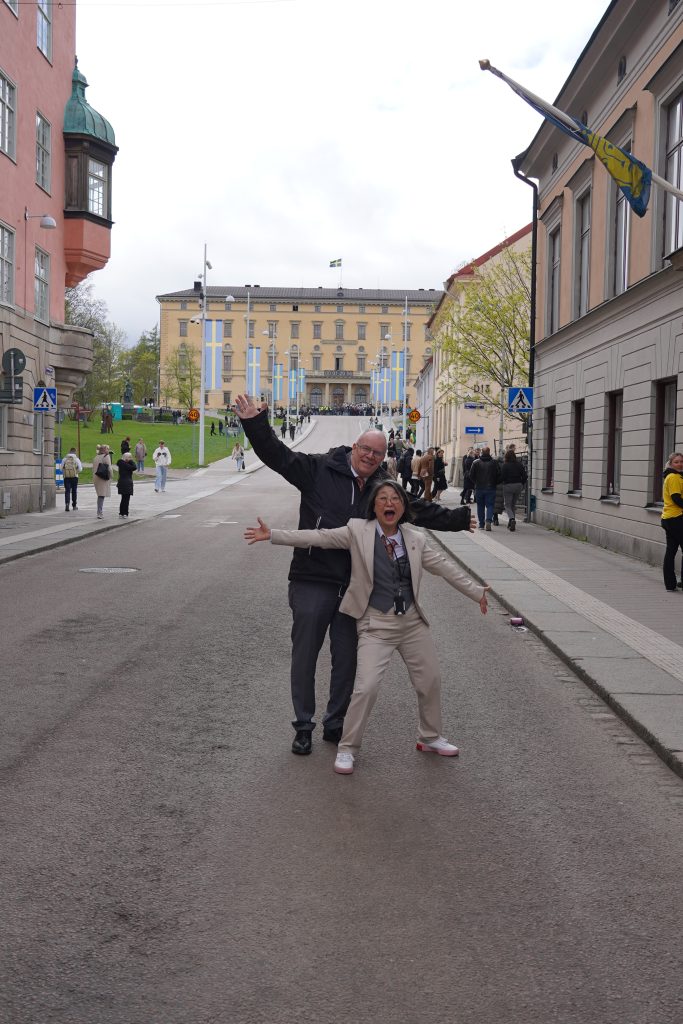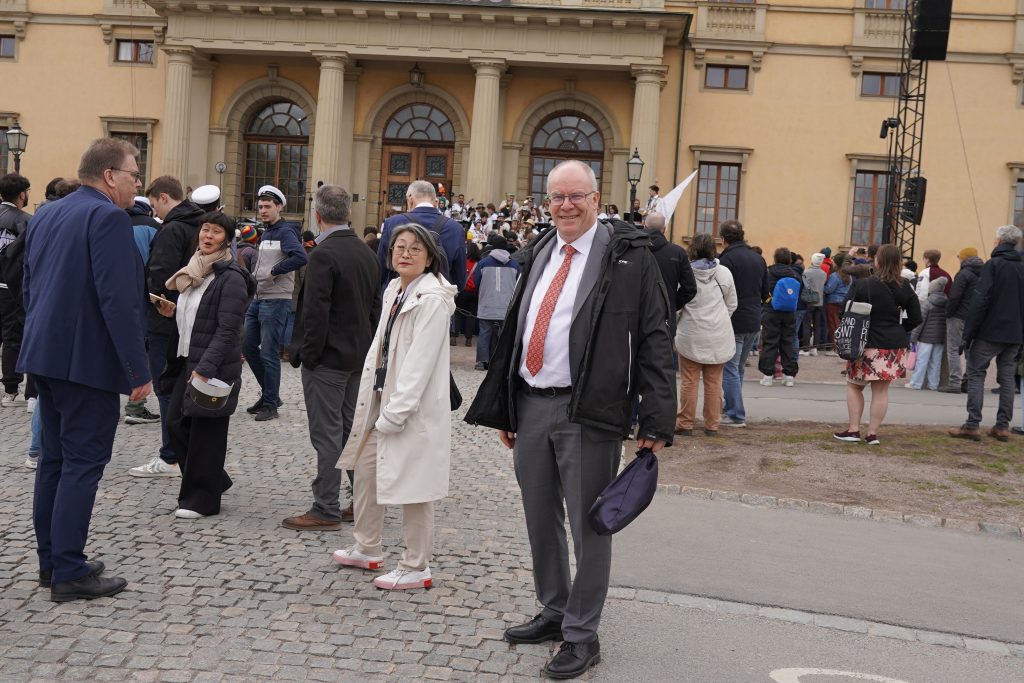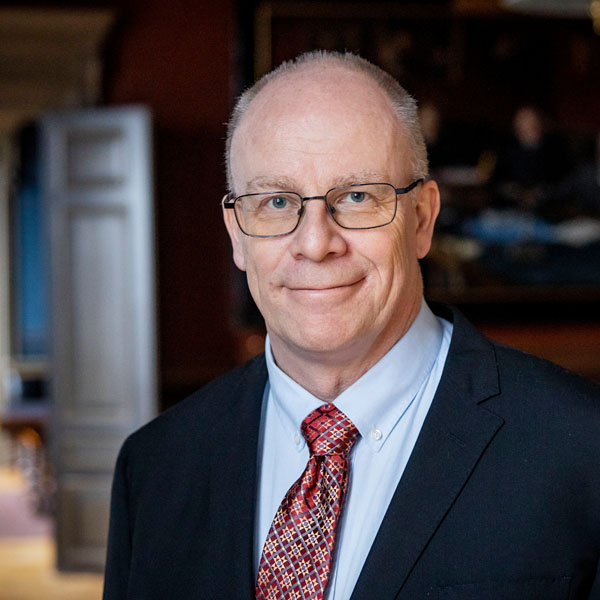The new year has started and the spring semester will soon be in full swing. Clear evidence that most people are back at work appeared recently when a consultation response from Uppsala University received an unusual amount of attention in the media and social media. It was all about the committee report En kulturkanon för Sverige, betänkande (A cultural canon for Sweden; SOU 2025:92). Behind the formal title lies a consultation response from some of our foremost experts in the area. The work on consultations is important. Every year, many of our committed staff members help the University – and ultimately Sweden – with consultation responses. They all deserve to be noticed.
Many people are actually unaware that the University responds to well over a hundred consultations every year, primarily from the Swedish Government Offices and other public authorities. Just to illustrate this, on the same occasion that I signed the consultation response mentioned above, I put my name as Vice-Chancellor to five other responses. The reason why we prioritise this activity is closely bound up with the democratic system we have and uphold in Sweden. The consultations are a way of obtaining opinions from relevant bodies on the consequences a proposal could have if it is implemented, besides which they promote broader participation in public debate. The fact that Uppsala University responds to so many consultations has to do with our breadth, our comprehensive research expertise, but also with our importance for the general development of society.
In this context, I would like to draw attention to the current debate concerning the great challenges sometimes posed by the consultation procedure. In some cases, so little time has been allowed for answering complicated questions that authorities have refrained from delivering a statement, not because of a lack of interest but because it is impossible to do the job with the necessary conditions. Here, serious improvements are needed. Otherwise there is a great risk of bad legislation and poorly considered decisions.
The point is, the existing system is worth defending. Despite high demands and a shortage of time, we see the importance of well-prepared consultation responses at the University and when I read all the consultations and statements before signing as Vice-Chancellor, I often think that we ought to do more to enhance the visibility of this extensive and important activity. That is one of the reasons why I am writing this blog post. With this note, I hope that more people will become aware of our work on consultations and that more people will take the opportunity to thank all those who contribute their expertise to statements on the proposals drawn up by Swedish authorities. Their work, your work, makes our society and our democracy better.

